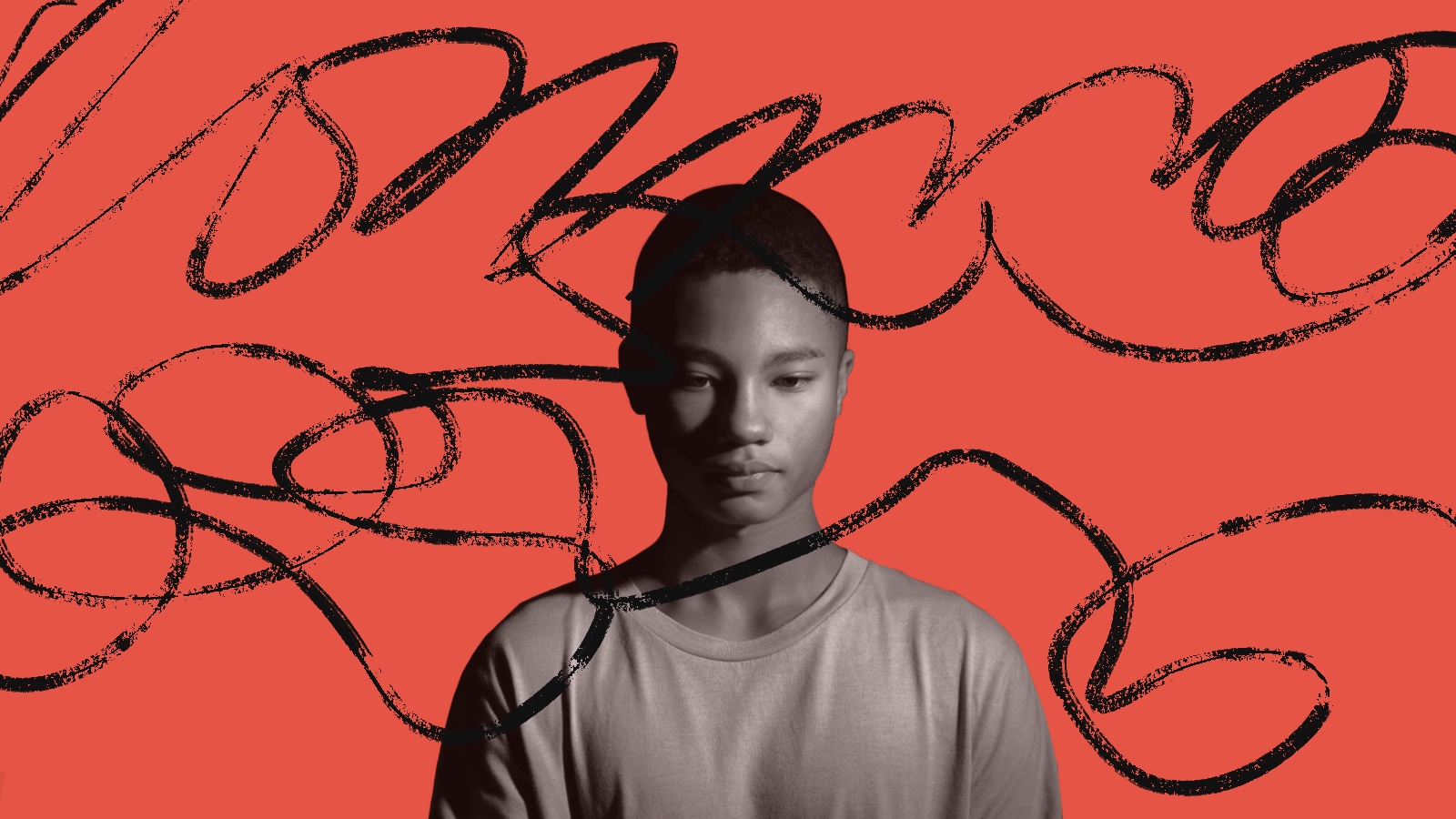Sexual Assault Prevention Needs to Involve Educating Men

Sexual assaults on college campuses have been a problem and discussion has helped to spread awareness about this issue. But for all this talking, there’s little in the way of a solution. Tom Jacobs of Pacific Standard writes on a paperthat sees a potential answer that lies within men’s education.
The paper, published in the October issue of Psychology of Men and Masculinity, highlights a training course called the Men’s Project—it’s an 11-week class offered to male students in leadership roles at the University of Connecticut. The course touches on topics related to “gender socialization, masculinities, privilege and gender violence prevention,” according to the course description.
Andrew Stewart, a Psychologist at the University of Connecticut and Men’s Project Facilitator, reports:
“Engaging men has been noticeably absent from the discussion of sexual violence prevention until only recently.”
Out of the men invited to participate in the Men’s Project, only 36 (around 30 percent) agreed. Of those, only 20 gave their opinions on gender-related issues before and after the program. The questionnaires they were given asked the men to respond to certain statements that were meant to evaluate their thoughts on rape-myths and sexism. Some of the statements said things, like “Women are too easily offended,” “A good woman should be put on a pedestal,” and “When women are raped, it’s often because the way they said no was ambiguous.”
After the program, the paper reported that participants were less willing to accept rape-myths and more willing to take an active role against sexual violence. This new-found understanding would certainly help in their leadership roles to educate and inform others. However, it’s less certain how long this information will stick and if their new attitudes toward gender will help them take note of and prevent an assault. It takes many forms and may even seem innocent under the veil of peer pressure. But people who know what to look for may be able to prevent it.
Read more at Pacific Standard
Photo Credit: Ryan Tyler Smith/Flickr





